Wills, Trusts, and Estate Planning
Estate planning is the process of creating legal instruments, such as wills and trusts, that control the distribution of one’s assets (the estate) after death. Estate planning also takes into account other important matters during one’s lifetime, such as asset protection and how one’s healthcare and financial affairs will be managed in the event of temporary or long-term physical or mental incapacity. We never know what life will bring, what changes will happen or when, but we can nevertheless plan for the expected and the unexpected and make sure the right legal documents are in place to protect you and your family, no matter what occurs. Without a will and advance directives, important decisions regarding your healthcare or your estate will be made by judges or others you might not know or trust, and the decisions they make might not reflect your wishes at all. For all of these reasons, it’s vital to enlist the aid of an experienced attorney and complete your estate plan sooner rather than later.
From your first simple will to complex estates requiring intricate asset protection, tax planning, and trust creation, our estate team at MichieHamlett works with you and your family to plan for a smooth generational legacy transfer. When it becomes time to administer the estate plan, our team provides guidance to fiduciaries and beneficiaries to ensure that their loved one’s wishes are put into action. Should disputes ever arise during this process, our estate team, in conjunction with our many experienced litigators, negotiate and litigate zealously on your behalf.
The estate team at MichieHamlett is prepared to advise and assist you in the full range of Virginia estate planning. Call on our attorneys for help with any estate planning matter, including:
- Wills
- Trusts
- Powers of Attorney
- Asset Protection
- Probate
- Trust & Estate Litigation
Should I Have a Will or a Trust?
The answer for most people is, both. However, estate planning is a highly personal endeavor that should be custom-tailored to your specific needs and goals. Pulling a generic will or trust off the shelf and filling in the blanks is unlikely to serve you very well. At MichieHamlett, we take the time to sit down with you and discuss your needs and goals so you can communicate your wishes to us and we can advise you on the best way to get there.
Wills and trusts are the two main types of estate planning documents. With a will, you can name an executor for your estate, name a guardian for your minor children, and distribute your estate to your heirs and beneficiaries, including making specific gifts to family members, friends, your alma mater, hospitals or charities of your choosing. A will is an excellent tool to make sure every piece of your estate is accounted for while leaving a lasting legacy to future generations.
A trust can accomplish many of the same goals as a will when it comes to distributing property to family members or charitable organizations. Trusts offer many advantages over wills in this regard. Trusts are private if it’s important to you to keep the contents of your estate and its distribution confidential, whereas wills are public documents once entered into probate. Trusts avoid probate entirely, which can speed up the distribution of your estate and lessen the cost of estate administration. Different kinds of trusts can also accomplish specific purposes, such as providing funds for a family member with special needs without jeopardizing their eligibility for government assistance or making generational wealth transfers in a tax-advantaged way. Trusts are typically more costly and complex to set up than wills, but they represent time and cost-savings to the estate on the back-end by avoiding probate. Also, the most common type of trust – a revocable living trust – can be set up with little difficulty along with a will.
The important step is to sit down with an estate planning attorney you are comfortable with so the right combination of wills and trusts can be drafted for your specific needs.
What Is a Power of Attorney for?
A power of attorney gives another person the authority to act on your behalf. For instance, if you got sick or were in an accident, someone with power of attorney could keep up your mortgage and insurance policies and pay other bills from your bank account, make deposits and apply for benefits. Specific authority in advance healthcare directives can give someone the ability to make medical decisions on your behalf, such as where you receive care and what procedures you should or should not receive.
Make no mistake. Decisions such as these will be made on your behalf whether you want them to be or not. The benefit of creating powers of attorney and advance directives is that you decide in advance who should have this authority to act for you. You choose someone you know and trust, and you have the opportunity to discuss your desires with them so they will act in accordance with your wishes. With these documents in place, you can avoid a guardianship or conservatorship imposed on you by the court without any input or say-so from you.
Call MichieHamlett Attorneys for Virginia Estate Planning and Probate Services
If you don’t currently have an estate plan in place, call MichieHamlett to begin the process of securing your future for yourself and your loved ones. If you already have a will or trust but it has been many years since these instruments were created, call us for a review to make sure your documents still reflect your wishes and take into proper account any births, deaths, marriages, divorces or other changes that have occurred since then. We’ll help you move forward with security and peace of mind that your estate is taken care of. Call us at 434-951-7200 throughout Virginia, and schedule a consultation with one of our skilled and compassionate Virginia estate planning lawyers.
